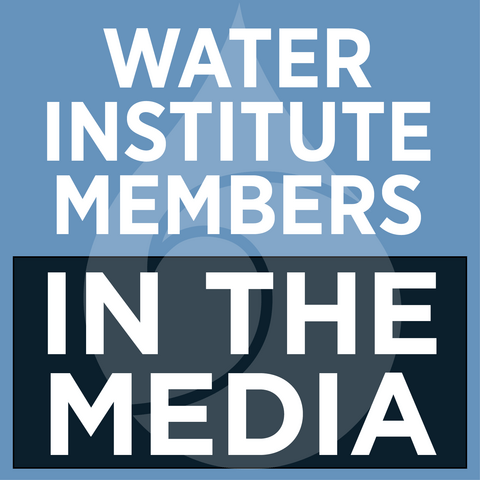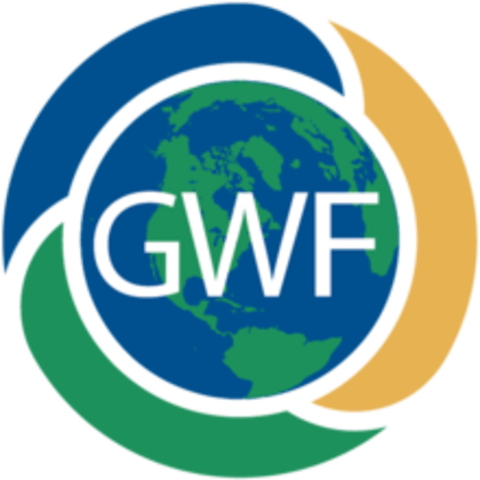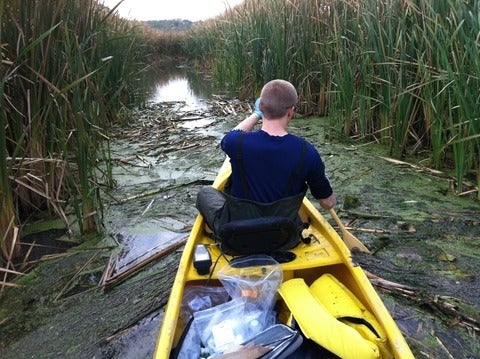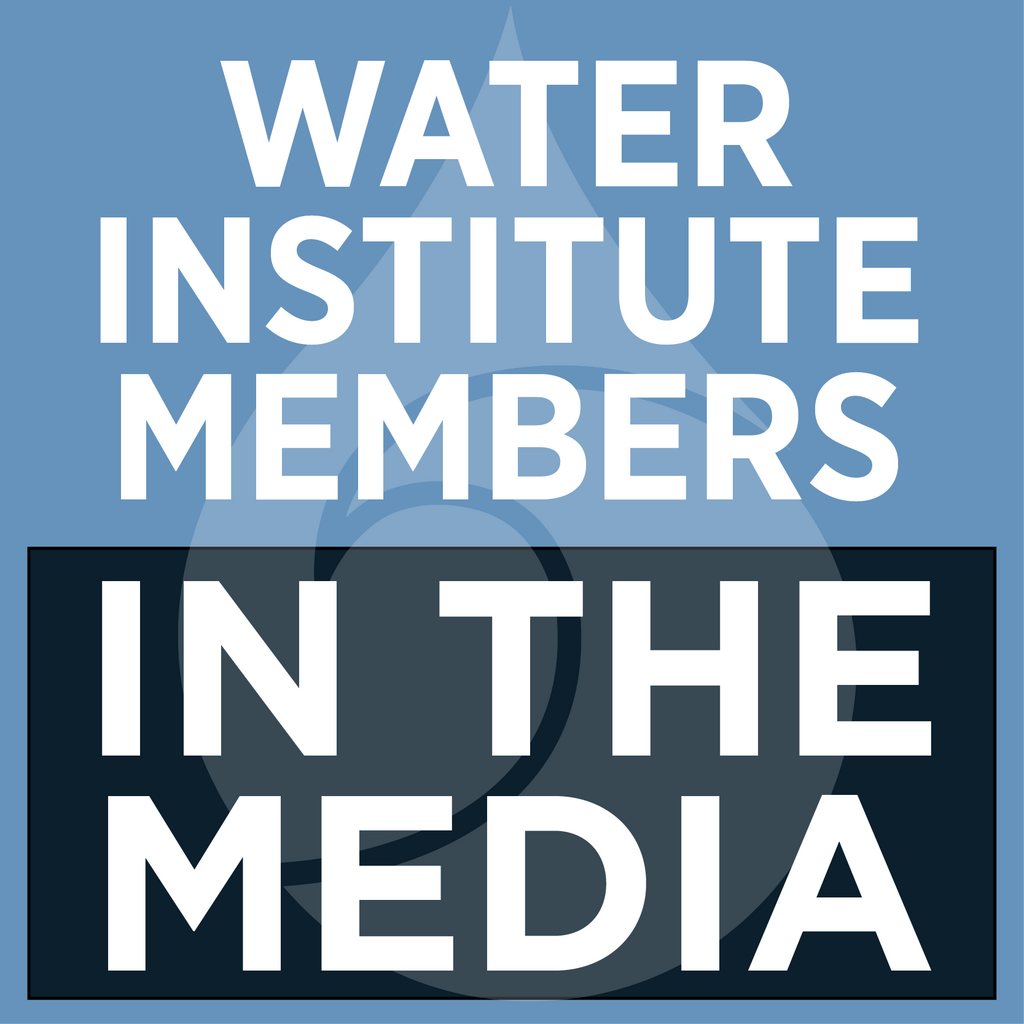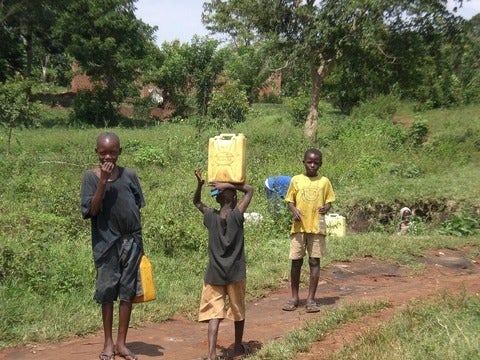Water Institute announces fall 2017 seed grant winners
The University of Waterloo’s Water Institute has awarded a combined total of $72,692 to four research teams as a result of its 2017 fall term seed grant competition. The goal of this program is to catalyze interdisciplinary collaboration, facilitate interaction with international authorities, and to encourage the development of research proposals.
The program awards a total of $150,000 annually, with competitions generally held during the fall and winter terms.
